AI may have sex free videosits detractors, but never let it be said that the technology isn't at least helping us predict our own demise.
Death Clock is a fun (!) AI app from San Francisco developer Brent Franson, founder of habit tracker Most Days, which broadly analyses health and behaviour to make a guess at a) the exact date of your death, and b) what's most likely to finally do you in.
SEE ALSO: Intel's 20-year-old AI ethics prodigy on the future of artificial intelligence"Death Clock AI analyzes your life choices to determine when you will die, and how you can improve your habits to live even longer," reads the site. (The prediction bit is free, but if you want to unlock the ways you can supposedly lengthen your mortal years, you have to stump up for the $79.98 annual subscription.)
Needless to say, curiosity got the better of me. Would I live to the ripe old age of 90, or be mown down in my prime? I had to know!
Less of a horror movie situation involving cursed countdowns induced by malevolent spirits, the app itself is basically a series of health-related questions, ranging from age and lifestyle to eating and drinking habits.
 I may have lied a little about my processed food intake. Credit: Death Clock
I may have lied a little about my processed food intake. Credit: Death Clock Once you've completed the questionnaire, you're greeted with a cheery series of grim reaper-illustrated tiles telling you the exact date you're going to die, and the things most likely to kill you. I got cardiovascular disease as my number one!
 I pixelated the specifics because I'm superstitious. Credit: Death Clock
I pixelated the specifics because I'm superstitious. Credit: Death Clock So, how accurate is this thing?
On the one hand, the company claims the AI model draws on stats from over 1,200 studies, including those carried out by universities like Stanford, Berkeley, and UCLA. On the other hand, the questionnaire feels a touch narrow. Although I was asked about the average age of my grandparents, for instance, I wasn't asked many details about family health in general. The app also didn't ask about my daily travel habits, or whether or not I have any particularly risky hobbies.
Ultimately, it said I'd die at 83, but with some tweaking — and that's where the annual fee comes in — I could draw things out until I hit 96. Rather than a harbinger of doom, it's probably better to view the app (at least the paid version) as a way of tweaking your daily habits to maximise your own health and longevity.
Topics Apps & Software Health
(Editor: {typename type="name"/})
 'The Traitors' Season 3's latest banishment has me fuming
'The Traitors' Season 3's latest banishment has me fuming
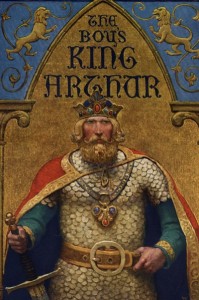 Arthurian Legend, Literary Restaurants by Sadie Stein
Arthurian Legend, Literary Restaurants by Sadie Stein
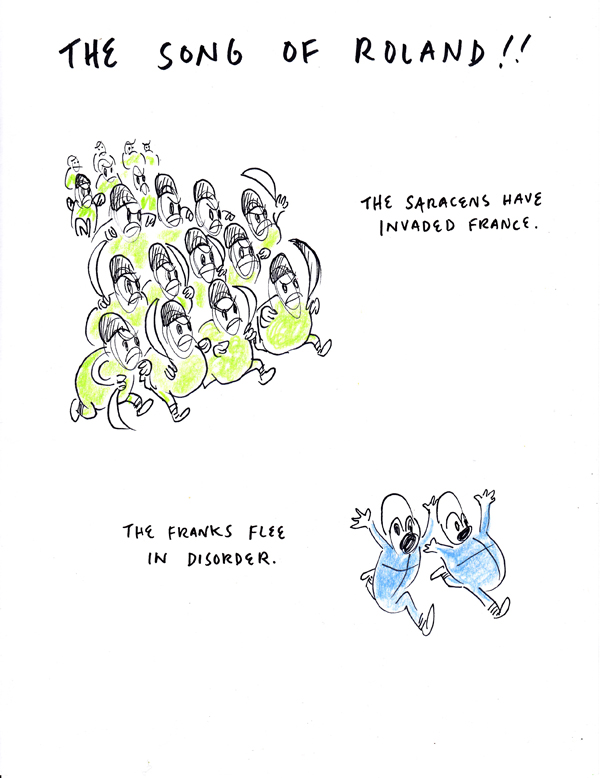 Song of Roland: An Illustrated Panorama by Jason Novak
Song of Roland: An Illustrated Panorama by Jason Novak
 Drink the Water by Alia Akkam
Drink the Water by Alia Akkam
 CES 2025: Everything to expect
CES 2025: Everything to expect
Clean energy projects soared in 2016 as solar and wind got cheaper
 Global investment in clean energy fell in 2016 -- and that's largely a good thing.The world spent le
...[Details]
Global investment in clean energy fell in 2016 -- and that's largely a good thing.The world spent le
...[Details]
Trump refused to condemn white supremacists. The debate didn't get any better from there.
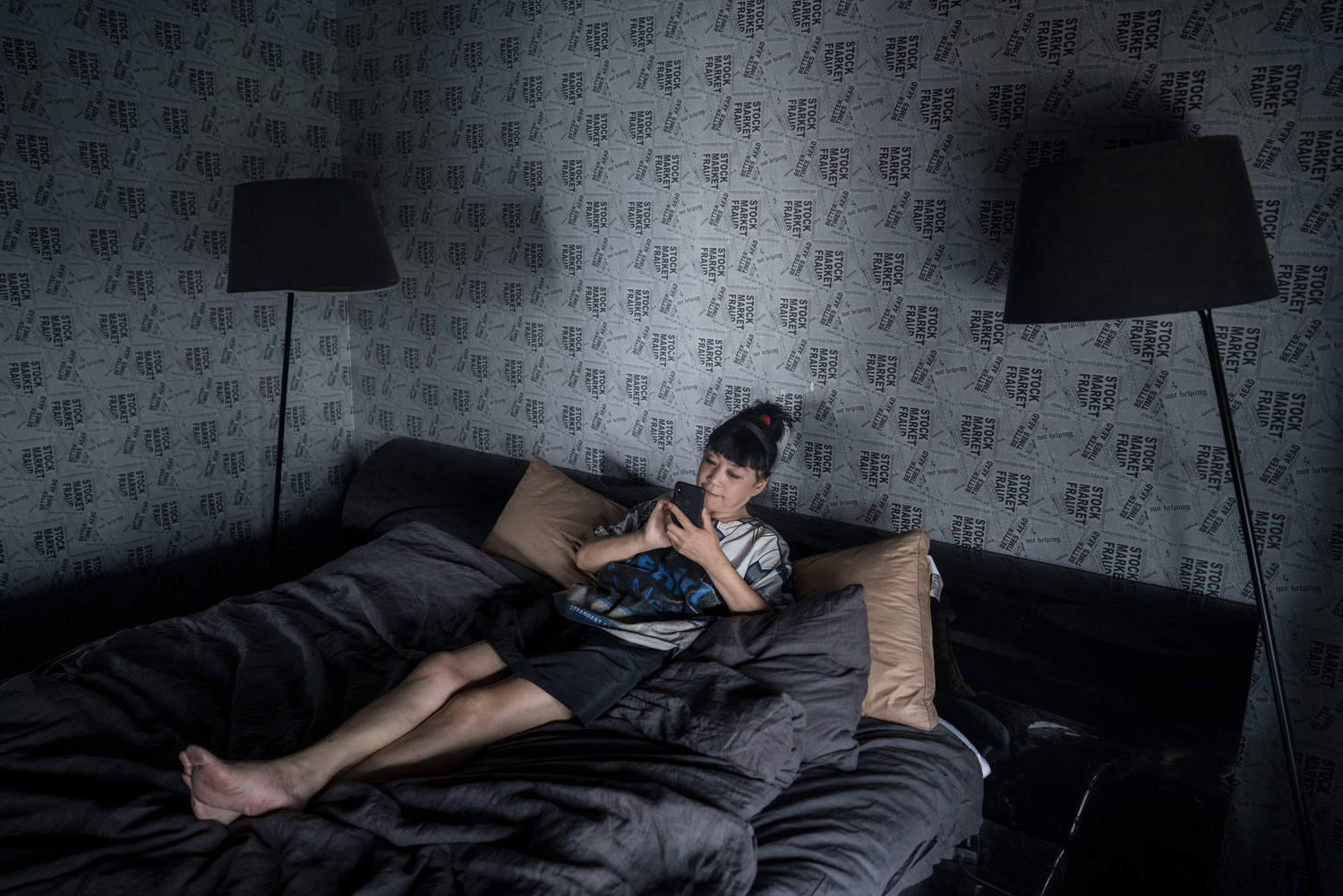 On Tuesday night in Ohio, Donald Trump told white supremacists to “stand by.”Then he tol
...[Details]
On Tuesday night in Ohio, Donald Trump told white supremacists to “stand by.”Then he tol
...[Details]
Essential workers who pay more taxes than Trump are tweeting their anger
 Did you ever imagine you'd be paying more in federal income taxes than President Donald Trump?You mi
...[Details]
Did you ever imagine you'd be paying more in federal income taxes than President Donald Trump?You mi
...[Details]
'Doomswiping' is the latest pandemic coping mechanism
 As the pandemic summer creeps into pandemic autumn, I...am still on dating apps. When I lie in bed a
...[Details]
As the pandemic summer creeps into pandemic autumn, I...am still on dating apps. When I lie in bed a
...[Details]
Lego free Valentine's Day Heart: How to get free Lego
 FREE LEGO:On Feb. 9, build a Lego Valentine's Day Heart at participating stores and take it home wit
...[Details]
FREE LEGO:On Feb. 9, build a Lego Valentine's Day Heart at participating stores and take it home wit
...[Details]
Will Oldham on Bonnie “Prince” Billy by Alan Licht
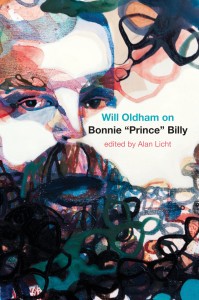 Will Oldham on Bonnie “Prince” BillyBy Alan LichtSeptember 24, 2012At WorkWill Oldham has been singi
...[Details]
Will Oldham on Bonnie “Prince” BillyBy Alan LichtSeptember 24, 2012At WorkWill Oldham has been singi
...[Details]
'Quordle' today: See each 'Quordle' answer and hints for May 31
 If Quordleis a little too challenging today, you've come to the right place for hints. There aren't
...[Details]
If Quordleis a little too challenging today, you've come to the right place for hints. There aren't
...[Details]
Object Lesson: Undermining by The Paris Review
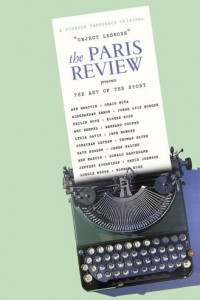 Object Lesson: UnderminingBy The Paris ReviewSeptember 21, 2012BulletinWe can’t express how excited
...[Details]
Object Lesson: UnderminingBy The Paris ReviewSeptember 21, 2012BulletinWe can’t express how excited
...[Details]
Packers vs. Eagles 2025: How to watch NFL online
 TL;DR:Live stream Green Bay Packers vs. Philadelphia Eagles on YouTube TVor Sling TV.This Sunday, th
...[Details]
TL;DR:Live stream Green Bay Packers vs. Philadelphia Eagles on YouTube TVor Sling TV.This Sunday, th
...[Details]
A Week in Beirut by Nathan Deuel
 A Week in BeirutBy Nathan DeuelSeptember 19, 2012Arts & CultureWEDNESDAYI wake up early to make
...[Details]
A Week in BeirutBy Nathan DeuelSeptember 19, 2012Arts & CultureWEDNESDAYI wake up early to make
...[Details]
接受PR>=1、BR>=1,流量相当,内容相关类链接。